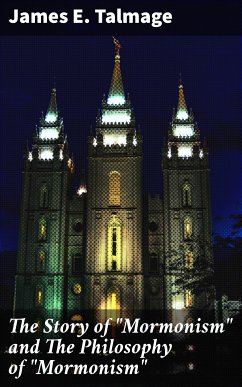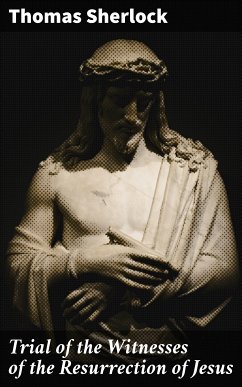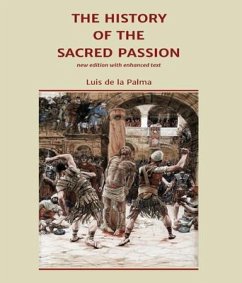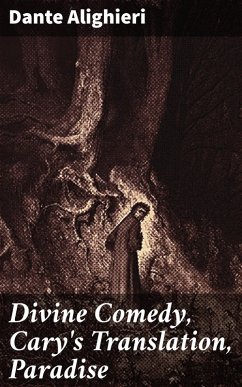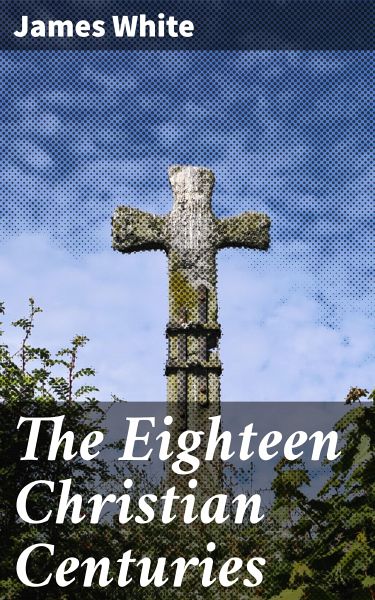
The Eighteen Christian Centuries (eBook, ePUB)
Enriched edition. Uncovering the Divine Journey: Exploring Centuries of Christian Faith
Kommentar: Burgess, Connor / Redaktion: Good Press

PAYBACK Punkte
0 °P sammeln!
In "The Eighteen Christian Centuries," James White presents an expansive survey of the history of Christianity, tracing its evolution from the early church through the modern era. Written in a clear and accessible style, White deftly weaves historical analysis with theological insights, making complex events understandable to scholars and lay readers alike. The book is segmented into eighteen sections that reflect both chronological progression and thematic exploration, allowing readers to grasp the interplay of faith and culture through centuries marked by tumult, innovation, and spiritual tr...
In "The Eighteen Christian Centuries," James White presents an expansive survey of the history of Christianity, tracing its evolution from the early church through the modern era. Written in a clear and accessible style, White deftly weaves historical analysis with theological insights, making complex events understandable to scholars and lay readers alike. The book is segmented into eighteen sections that reflect both chronological progression and thematic exploration, allowing readers to grasp the interplay of faith and culture through centuries marked by tumult, innovation, and spiritual transformation. This work situates Christianity within broader historical narratives, engaging readers with its rich tapestry of figures and events that shaped the faith's journey. James White was a prominent historian deeply invested in chronicling the development of Christian thought and practice. His extensive studies and inquiries into church history were informed by a desire to reconcile faith with the rigors of historical scrutiny. White's scholarly background, combined with his Christian commitment, provided him with a unique perspective, enabling him to contextualize historical developments alongside doctrinal evolution. "The Eighteen Christian Centuries" is highly recommended for those seeking a nuanced understanding of Christianity's role in global history. It serves as an essential resource for students, theologians, and general readers, inviting them to reflect on how the Christian faith has continually shaped and been shaped by the world it inhabits. In this enriched edition, we have carefully created added value for your reading experience: - A succinct Introduction situates the work's timeless appeal and themes. - The Synopsis outlines the central plot, highlighting key developments without spoiling critical twists. - A detailed Historical Context immerses you in the era's events and influences that shaped the writing. - A thorough Analysis dissects symbols, motifs, and character arcs to unearth underlying meanings. - Reflection questions prompt you to engage personally with the work's messages, connecting them to modern life. - Hand-picked Memorable Quotes shine a spotlight on moments of literary brilliance. - Interactive footnotes clarify unusual references, historical allusions, and archaic phrases for an effortless, more informed read.
Dieser Download kann aus rechtlichen Gründen nur mit Rechnungsadresse in A, B, BG, CY, CZ, D, DK, EW, E, FIN, F, GR, H, IRL, I, LT, L, LR, M, NL, PL, P, R, S, SLO, SK ausgeliefert werden.







